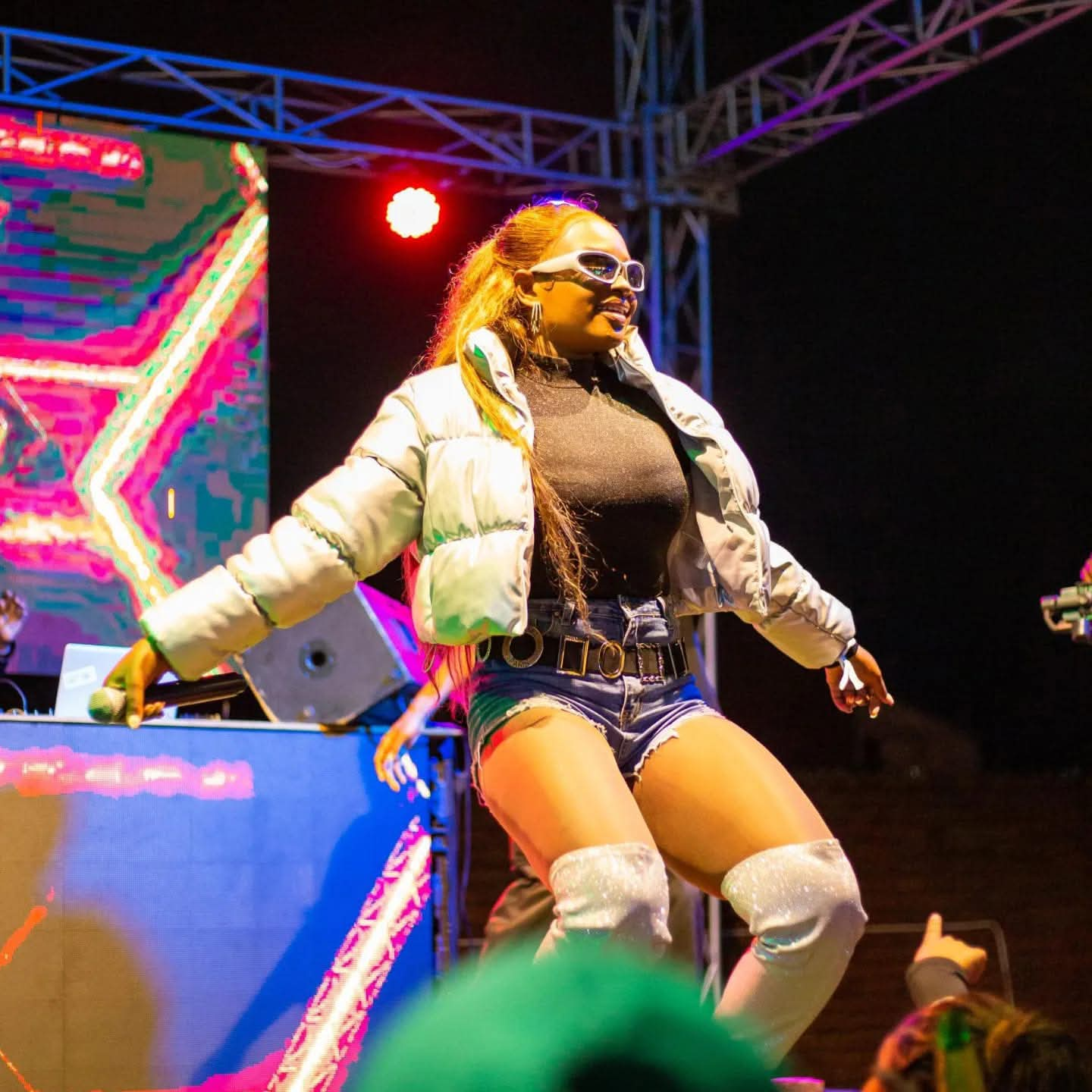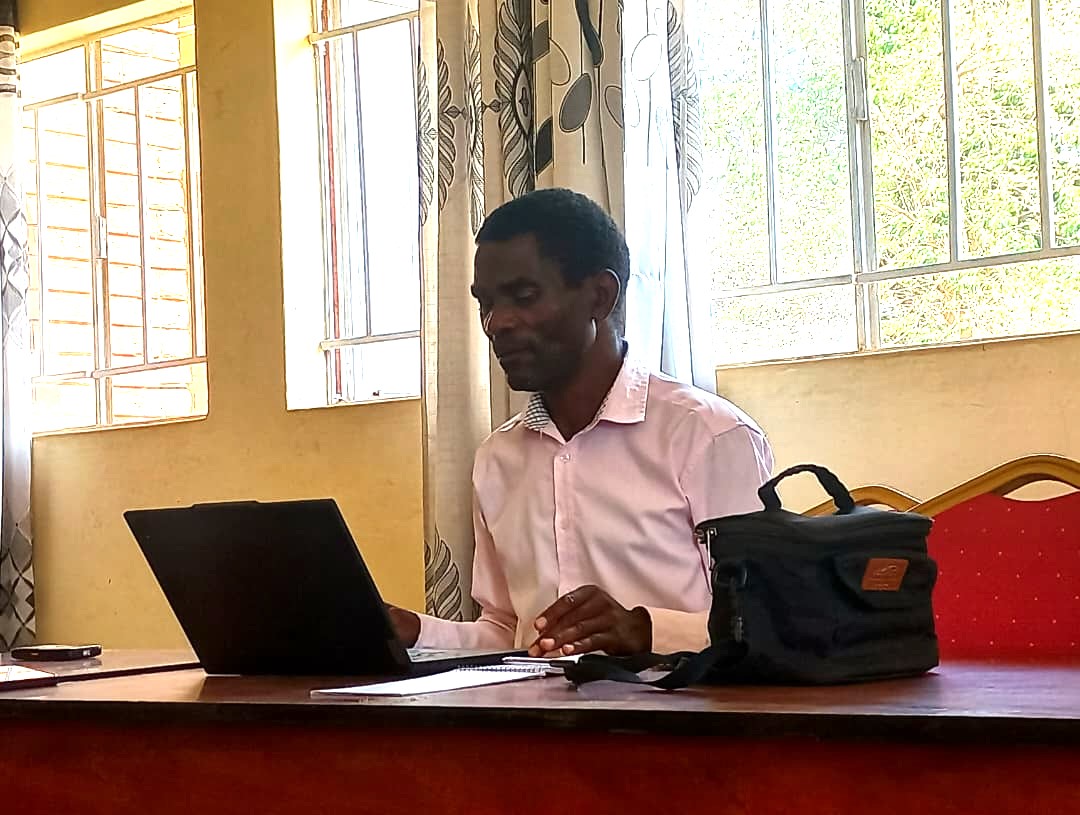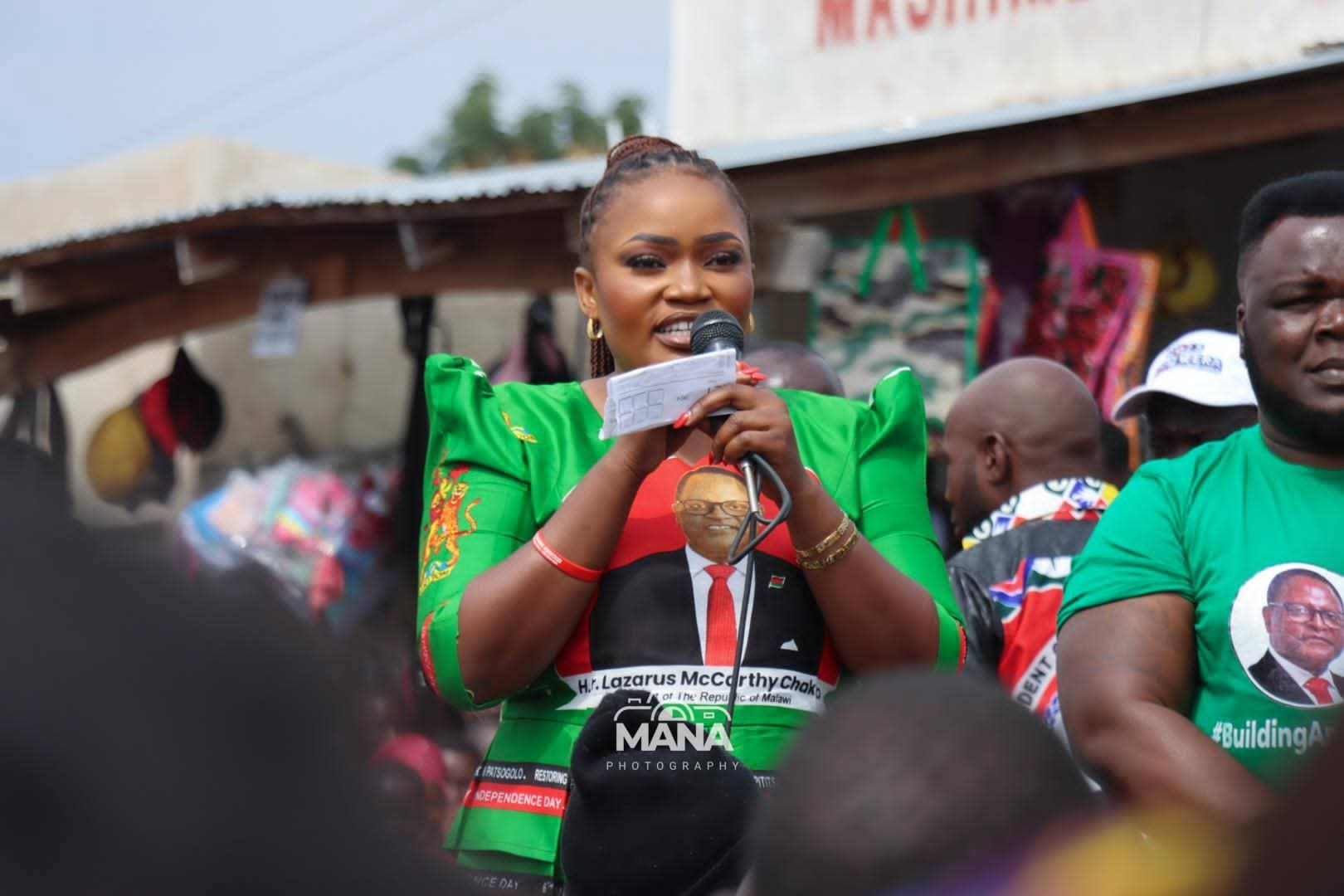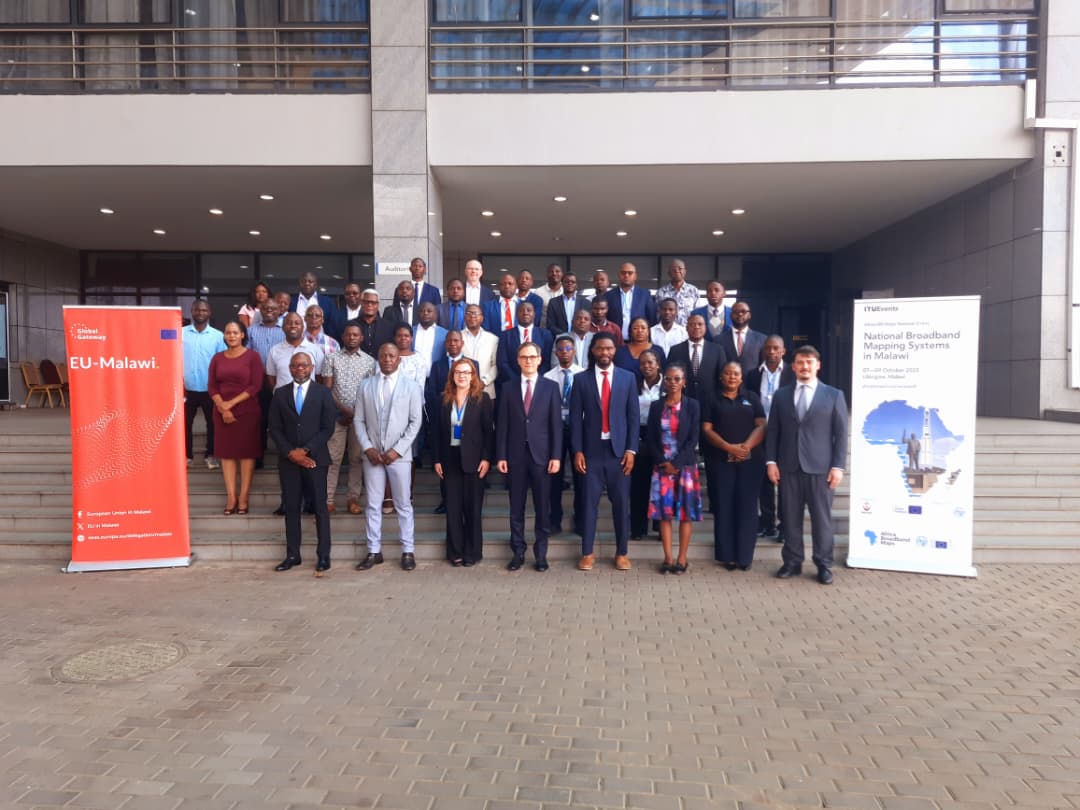In Malawi’s music scene, women are creating beats, breaking records and inspiring audiences but online abuse threatens to silence their voices.
From Cyberbullying and body shaming to threats and defamation, female artists face attacks that target their identity rather than their talent.
Yet instead of retreating, artists like Wendy Harawa and Tuno Mw are standing resilient, demanding safer digital spaces and pushing for systemic reforms that protect women and girls from online violence.
Wendy Harawa, once celebrated as Malawi’s queen of dancehall now thrives as a gospel artist and philanthropist.
Her transition from secular music to gospel was met with doubt and intense scrutiny online.
Fans questioned her faith and personal aspects of her life including her marriage and family became topics of public ridicule but Wendy has refused to let these attacks define her.
“It was a tough journey for me. The industry by that time had few female artists in what seemed to be a male dominated field. The internet by that time was just emerging in the country and as an artist, I knew all the insults that people inflicted on me but I refused to let the attacks define me.” She said.
Through years of dedication, Wendy who came in the music lime out in 2003 has now built a career marked by local and international recognition such as Southern Africa Song of the year and Southern Africa artist of the year in 2025.
She also manages other artists, promotes upcoming talent and runs Wendy Harawa foundation which supports widows and orphans with skills for independence whilst describing these as the fruits for her perseverance and coping mechanism.
‘Currently, much has to be done in ending cyber bullying based on gender because this mostly affects ladies. I was lucky and determined to mind my own business and disregard every negative comment that was ushered towards me, she said
.
She added, “However, the current cyber bullying is way out of hand and it needs quick intervention such as formulating policies that will safe guard women and girls in the entertainment industry. Government needs to implement sound policies that should address such issues.” Wendy proposed.
Rising Afro-pop singer Tuno Mw has faced similar harsh online abuse. On 6th September 2025, she shared on Facebook the pain of cyberbullying, describing how years of hate, body shaming and harassment had made her consider quitting music until she reversed her decision and faced her critics.
In one of her videos posted online, Tuno Mw described that “I will not quit music. I will keep on pushing and disregard all negative comments that some people always come up with. Now, I will be blocking and confronting everyone who comes with negative vibes because am done with this cyber online harassment. Female artists like me are mostly the target of perpetrators and sometimes even our male counterparts ignite the fire. The Music Union of Malawi should step forward and condemn this behavior because a lot of new artists are afraid to come out in the open and speak about these issues.”
Research confirms that cyberbullying is pervasive in Malawi. For example, a study by Donald Flywell Malanga at the University of Livingstonia found that over 92 percent of women experience cyberstalking, 83 percent face cyberbullying whilst 76.1 percent endure cyber harassment.
Malanga argued that these acts are carried out on platforms like Facebook and WhatsApp which are often motivated by revenge, anger, jealousy and causing social and psychological harm to victims.
The United Nations reports that cyber violence is as damaging as physical violence, with 73 percent of women globally experiencing online abuse and women being 27 times more likely than men to be harassed online.
In Malawi, cultural factors, lack of awareness and patriarchal norms discourage women to rely on personal coping mechanisms instead of systemic protection.
However, medical experts such as the Senior Mental Clinical Officer Catherine Msukwa of Nkhotakota District Hospital warns “ Online abuse leaves invisible scars, anxiety, depression and as silence that robs the maximum potential of a person. No matter who you are, you need to find a psychologist to help you because the situation can get worse.
To address this, Promise Msampha from My Democracy, My Digital Rights Campaign proposed the creation of referral pathways for reporting online abuse, as females are more prone to the vice.
“Artists need technical and legal help when bullied. Cyber Violence is driven by jealousy, revenge, or political motives and it violates the African Declaration on Internet Rights and Freedoms.” She explained.
While acknowledging the problem, President of the Music Union of Malawi (MUM) Vita Chirwa vowed to follow up the online harassment that infringe particularly on female artists.
However, Chirwa said some artists do this intentionally to promote their upcoming songs or albums with the intention of gaining publicity among others.
He said, “I will investigate the issue you have asked me if it is indeed original because I have just seen it online. Currently, you must be aware that some artists have developed some tactics aimed at publicizing their songs or albums and they are calling this behavior “stunts”. Therefore, before making any conclusion, we must make sure that we know what it is but as a union, we have a policy that bars cyber harassment among others and we also facilitate the law to take its course”.
While Malawi has legal frameworks, including the National Gender Policy (2015) and the National Action Plan to Combat Gender based violence (2014-2020), both documents fail to address gender based cyber violence explicitly.
Experts argue that cyber violence against women and girls must be recognized as a form of gender based violence with policies, awareness campaigns, and enforcement mechanisms developed to protect victims and prevent abuse.
Wendy Harawa and Tuno Mw exemplify how women in Malawi’s music industry can rise above online attacks and advocate for lasting change whilst calling action for policymakers, the music industry and society in ensuring that women can perform and contribute to the entertainment industry safely.





